why is gold so valuable The first time gold caught man’s eye was around 4000 BCE, along the rivers of Europe. When man found a sparkling yellow piece among stones and dirt, he instantly knew—it was not an ordinary rock. This metal did not rust, its shine never faded, and it could easily be shaped. For the first time, man was enchanted by this gift from nature. To him, gold was not merely a metal—it was a symbol of eternity, beauty, and rarity.
Egypt and Ancient Civilizations
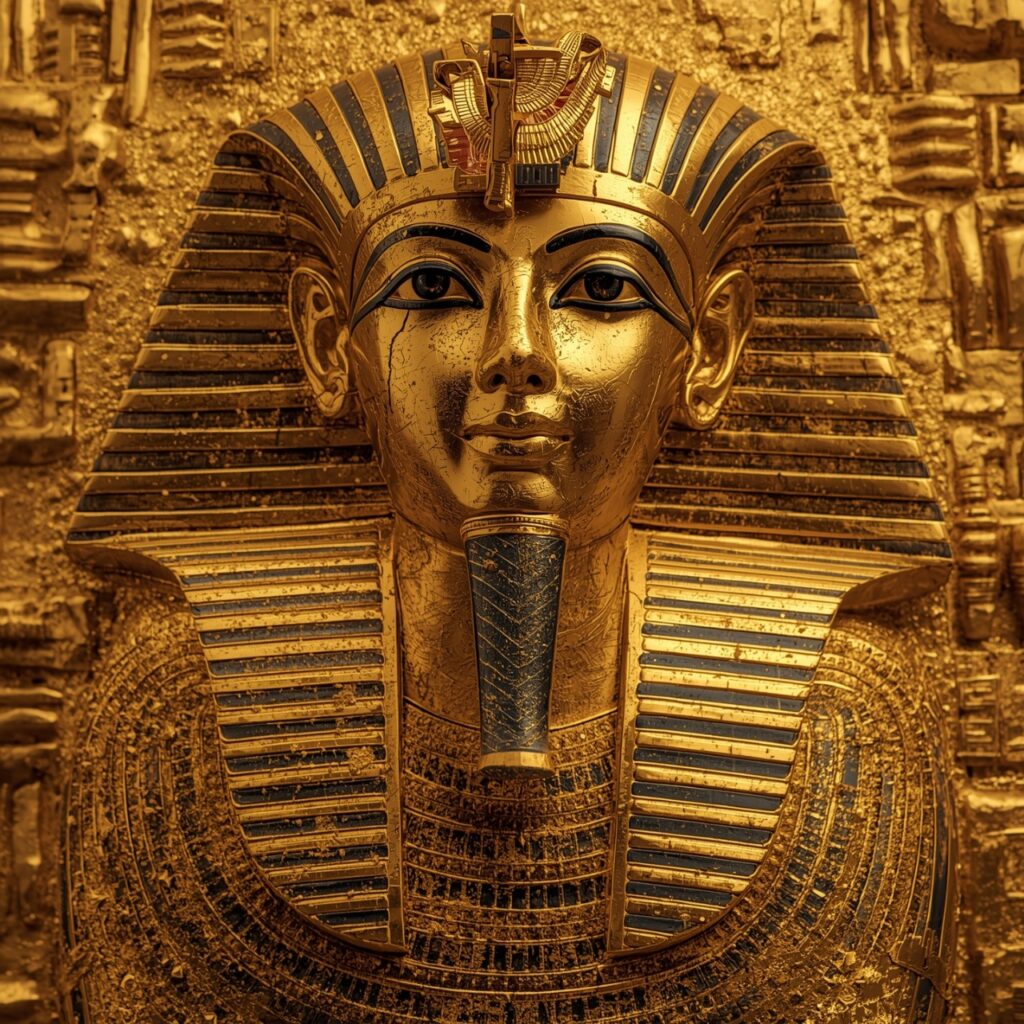
As years passed, the value of gold grew. Around 2600 BCE, Egyptians called gold “the flesh of the gods” They believed it symbolized divine power and eternity. The vast amounts of gold found in Pharaohs’ tombs are proof of this.
At the same time, by 2500 BCE, the people of Mesopotamia and the Indus Valley also began using gold—not only for decoration but as a mark of authority and respect.
Thus began another chapter of gold’s story—more uniqueness, more attraction, and more value.
Greek and Roman Era
Between 600 BCE and 400 CE, gold’s influence was especially strong in Greece and Rome.The Greeks also viewed gold as a representation of beauty and immortality.. They crafted jewelry, statues of gods, and coins with artistic mastery.
Romans, on the other hand, used gold for trade and finance. They introduced gold coins, managing taxes, commerce, and wealth through them.Gold was the real symbol of prosperity and power in Rome.
India and China
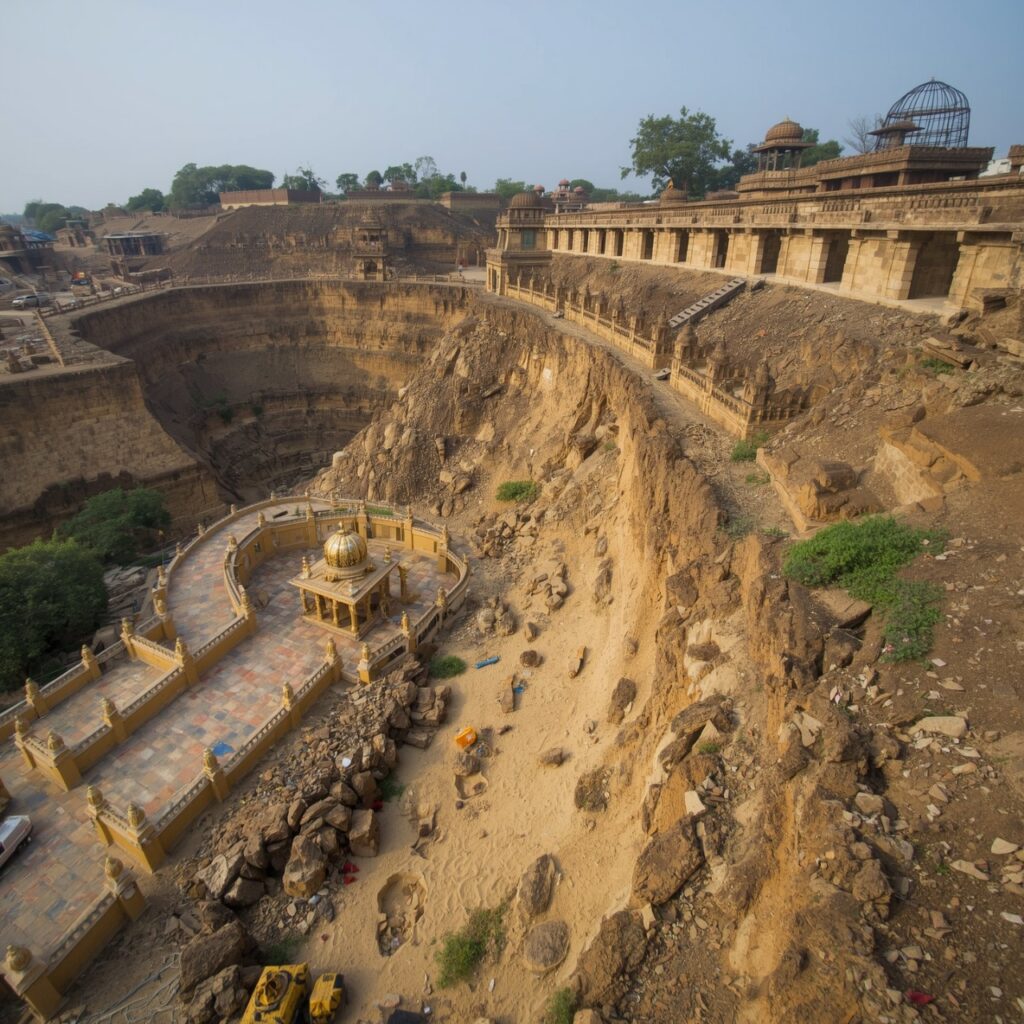
On the other side of the world, India’s Kolar Gold Fields were among the oldest mines in the world. Here, gold was not just ornamentation—it was deeply tied to culture, religion, and traditions. In weddings, gold jewelry like the mangalsutra was not just decoration, but a symbol of social status and family honor.

Meanwhile, in China, gold played a key role in art, Buddhist temples, and coins. Artists used thin sheets of gold for temple decorations, statues, and imperial treasures. For them, gold meant power, wealth, and eternity. why is gold so valuable
Medieval Period
In medieval Europe, kings collected gold not only for adornment but also as crowns, religious artifacts, and coins. Gold reflected their strength, wealth, and position.
At the same time, in the Islamic world, the dinar (gold coin) became famous for trade, taxes, and governance—cementing gold’s role as a global symbol of power and economy.
Age of Exploration (15th – 18th century)
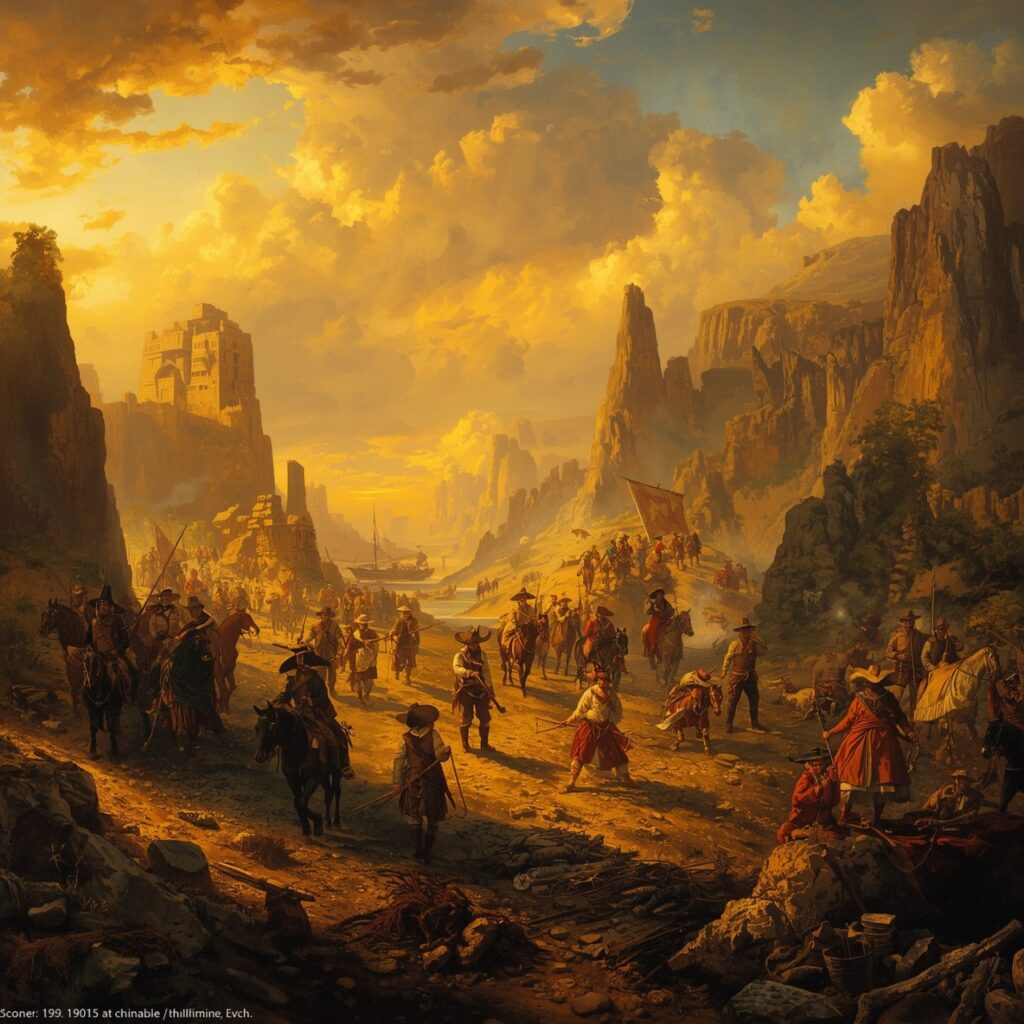
Between the 15th and 18th centuries, European explorers sailed across oceans searching for new lands and riches. The Spanish and Portuguese explorers pursued gold in Africa and the Americas
The Spanish plundered the vast gold of the Aztec and Inca empires, taking it back to Europe, where it fueled royal wealth, trade, and prosperity. The golden glow fascinated all who saw it.
The Gold Rush (18th – 19th century)
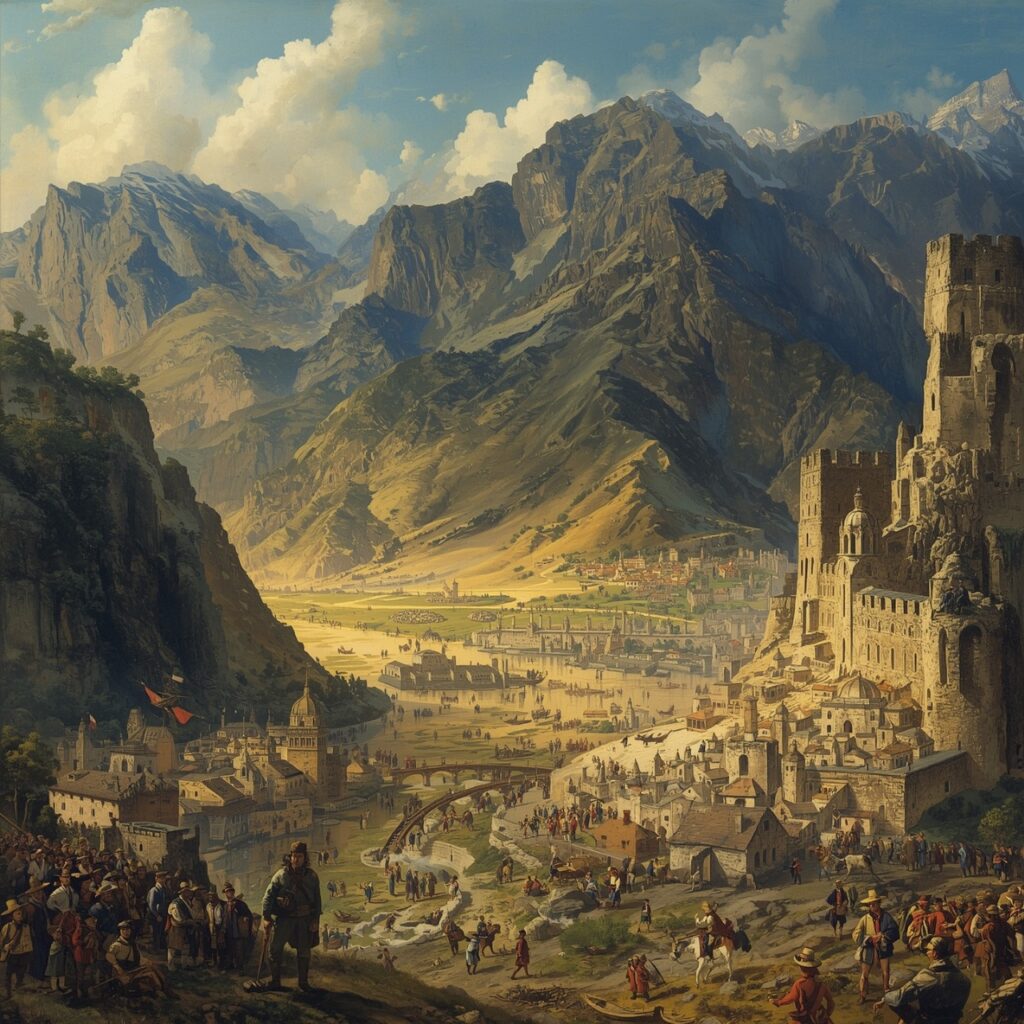
In the 18th and 19th centuries, massive discoveries of gold changed the world. California (1848), Australia (1850s), and South Africa (1886) became centers of gold fever.
Millions abandoned their homes and migrated in search of fortune. New cities grew, railways were built, and commerce flourished. Gold was no longer just a metal—it became a dream and a symbol of opportunity.
Modern Era (20th century – Present)
In the 20th century, many nations tied their currencies to gold reserves—a system known as the Gold Standard. Gold represents the financial strength of a country.
Today, gold is no longer used as direct currency, but it remains extremely important. From jewelry to investment, electronics to medicine—gold continues to hold immense value. Its ancient importance is still alive in our modern world.
Gold: A Treasure in Our Hands
Knowing that a metal with such a rich history lies in our hands today—itself is a thought that fills us with joy. For thousands of years, mankind has sought it, used it, and shown its power through it. That makes it something we must respect and protect.
Gold isn’t merely a metal—it is strength, culture, and faith.
If such a valuable metal remained unused, what would be the point?
The gold we hold today was someone else’s treasure yesterday, and tomorrow it may belong to someone new. Its form may change, but gold itself never does.
Humans may perish, but gold will always hold its value, lifetime after lifetime.
So why lock away such treasure, unable to make the most of its worth? Why let it sit idle, when it could bring you peace and progress? why is gold so valuable
conclusion
Don’t worry.
Come to Benaka Gold Company.
Release your hidden gold, and we’ll buy it at today’s value.
We value your valuables – For your peaceful tomorrow, Benaka Gold.
Check out our other blog: How Global Events Are Secretly Impacting Your Gold’s Price

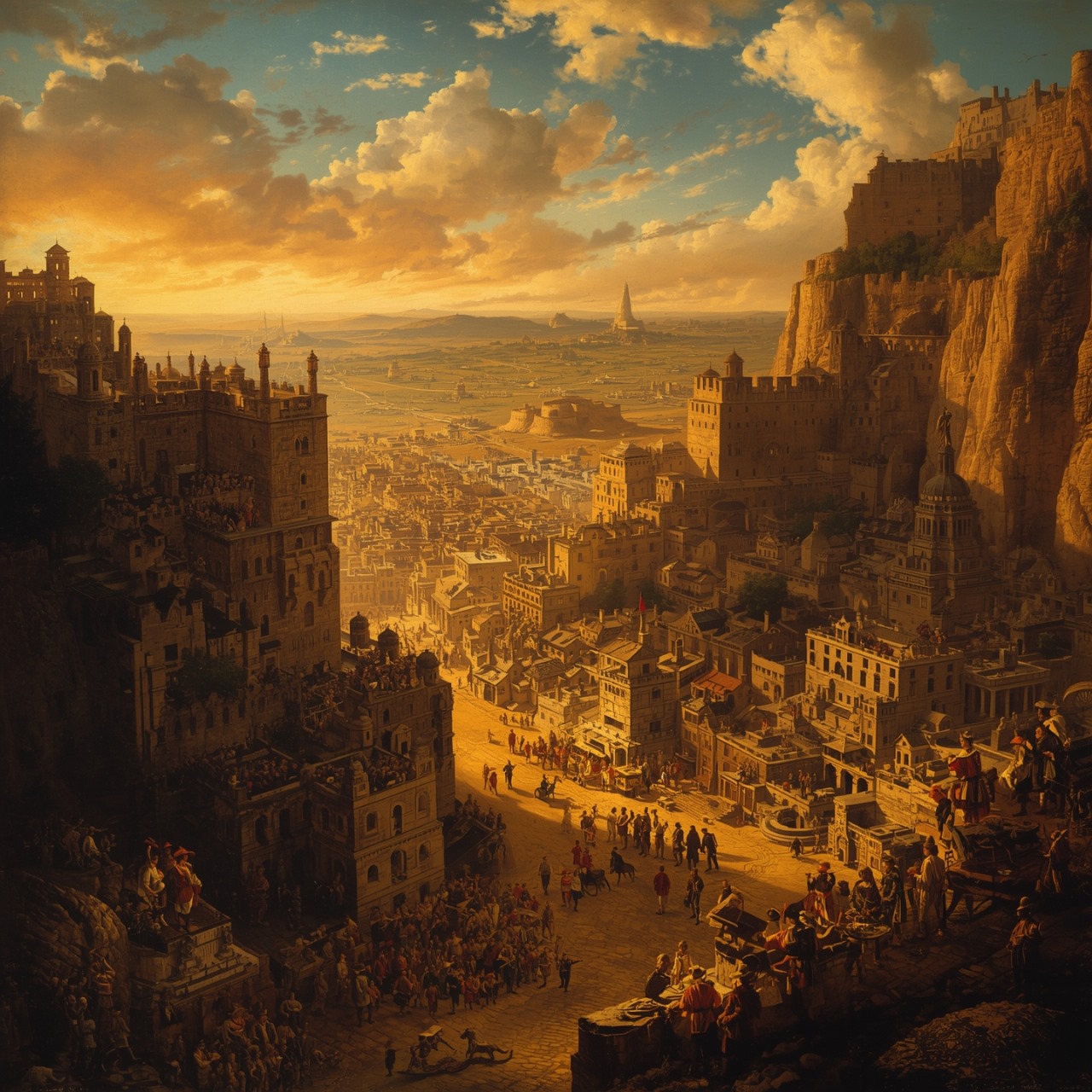
Leave a Reply